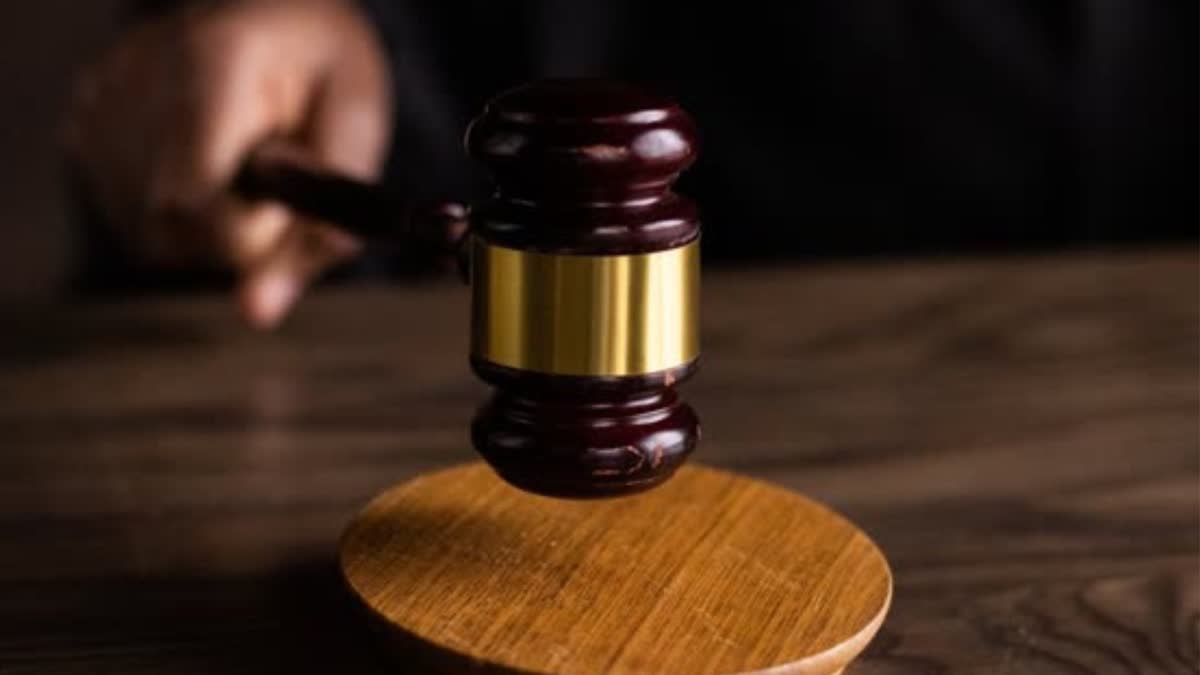New Delhi :The Supreme Court on Friday rejected pleas seeking a court-monitored investigation into the electoral bonds scheme, saying that it is not possible to order a roving enquiry into the purchase of electoral bonds based on an assumption that bonds were purchased as a quid pro quo for the award of contracts. The apex court on February 15 had scrapped the electoral bonds scheme, as it completely anonymised political donations.
A three-judge led by Chief Justice of India D Y Chandrachud and comprising justices J B Pardiwala and Manoj Misra was hearing pleas seeking a court-monitored investigation into the electoral bonds scheme. Advocate Prashant Bhushan represented two NGOs, Common Cause and the Centre for Public Interest Litigation (CPIL).
The CJI said assumptions were being made and petitioners seek the court to embark on a roving enquiry into the purchase of the electoral bonds, the donations made to the political parties and the associated quid pro quo.
The bench observed that the submissions made on behalf of the petitioners highlight that even according to them an element of uncertainty is involved where there is a proximate relationship between the purchase of the bonds and the award of the contract or change in policy, or commission or omission maybe by the authorities.
“Individual grievances of this nature, presence or absence of quid pro quo would have to be pursued based on the remedies available under the law….”, said the bench, in its order. The apex court said when a refusal to investigate a closure report is filed, recourse can be taken through appropriate remedies under the law governing criminal procedure.
During the hearing, Justice Pardiwala told Bhushan that the court does not doubt his motive but setting up a probe team will be a far-fetched roving enquiry, and emphasized, “What will SIT do based on quid pro quo…”. Bhushan insisted there are cases, as per the data on the Election Commission’s website regarding the purchase of electoral bonds, where there is prima facie evidence.
Bhushan cited the example of a company, where the company purchased electoral bonds and a contract was awarded to the company. He said how can a FIR be lodged in such cases and some officers of the investigating agencies may be involved in the underlying arrangement.
Justice Misra pointed out that the court would have to see what the material on record in connection with allegations of quid pro quo.
Bhushan said rival companies do not want to bring this to light because they fear that they may be blacklisted in the future and added that some investigative journalists unearthed the facts connected with this matter. However, Justice Pardiwala told Bhushan that setting up the SIT is not the only answer and pointed out relief sought in his petition: urging the court to issue a direction for recovering the amount.
